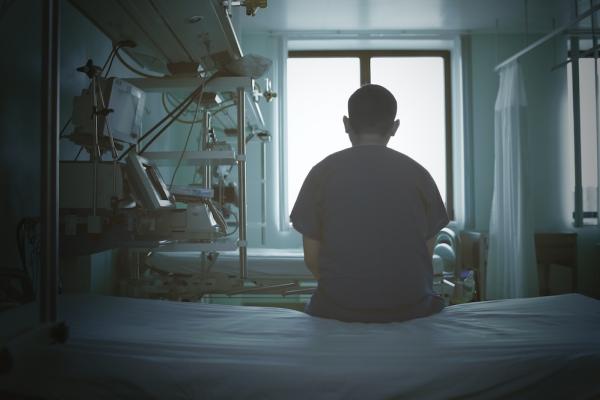Jun 11, 2020
During this time of COVID-19, people are dying alone, away from their families and from priests or pastors who might ease their passing. You could no more shoehorn a dozen people into a hospital room than you should cram them unmasked into any enclosed space these days. A pastor or chaplain might be forced to visit the room remotely, to FaceTime last rites, so to speak.
Read the Full Article

Already a subscriber? Login
